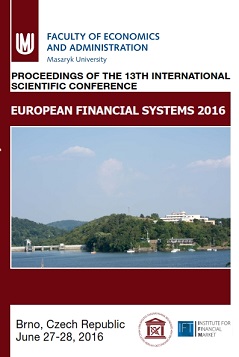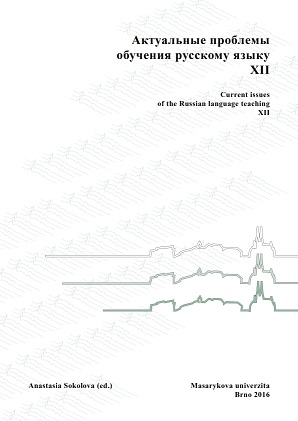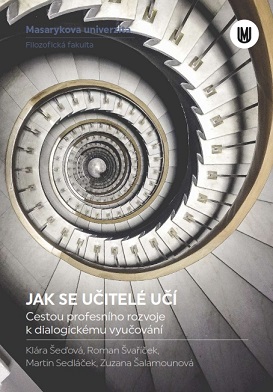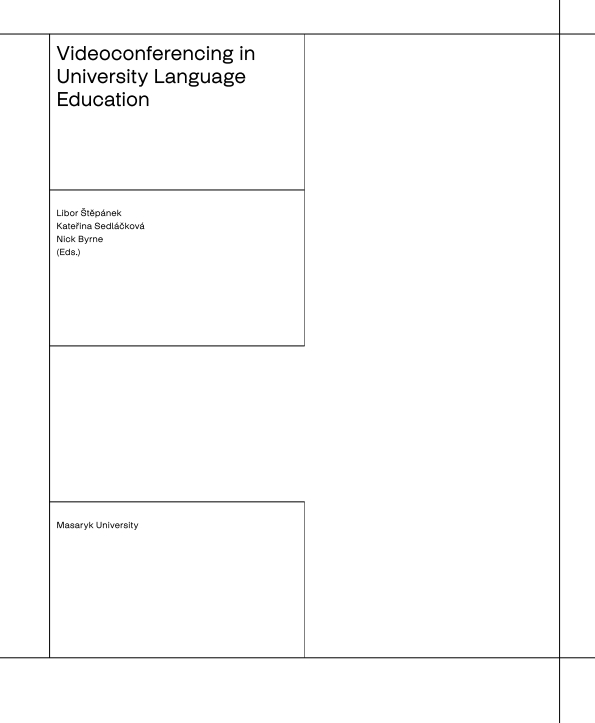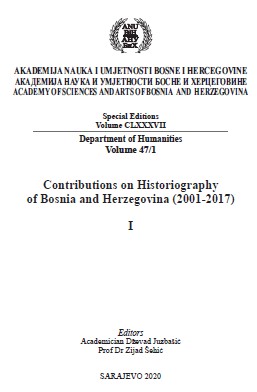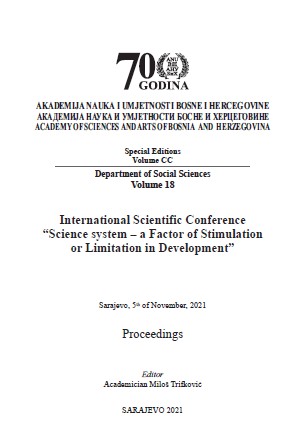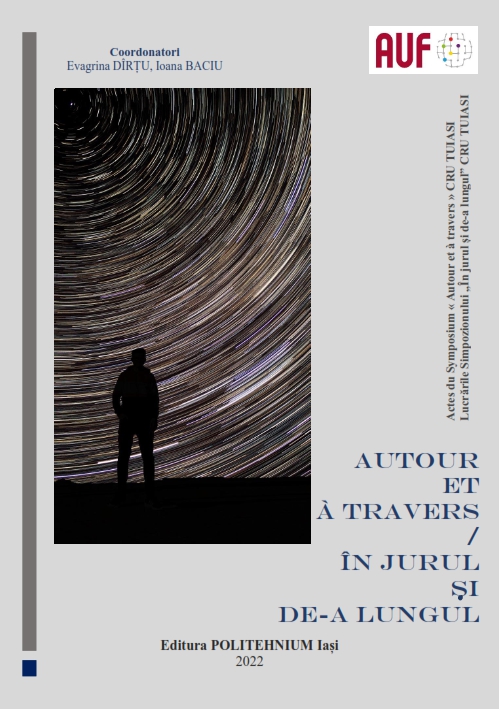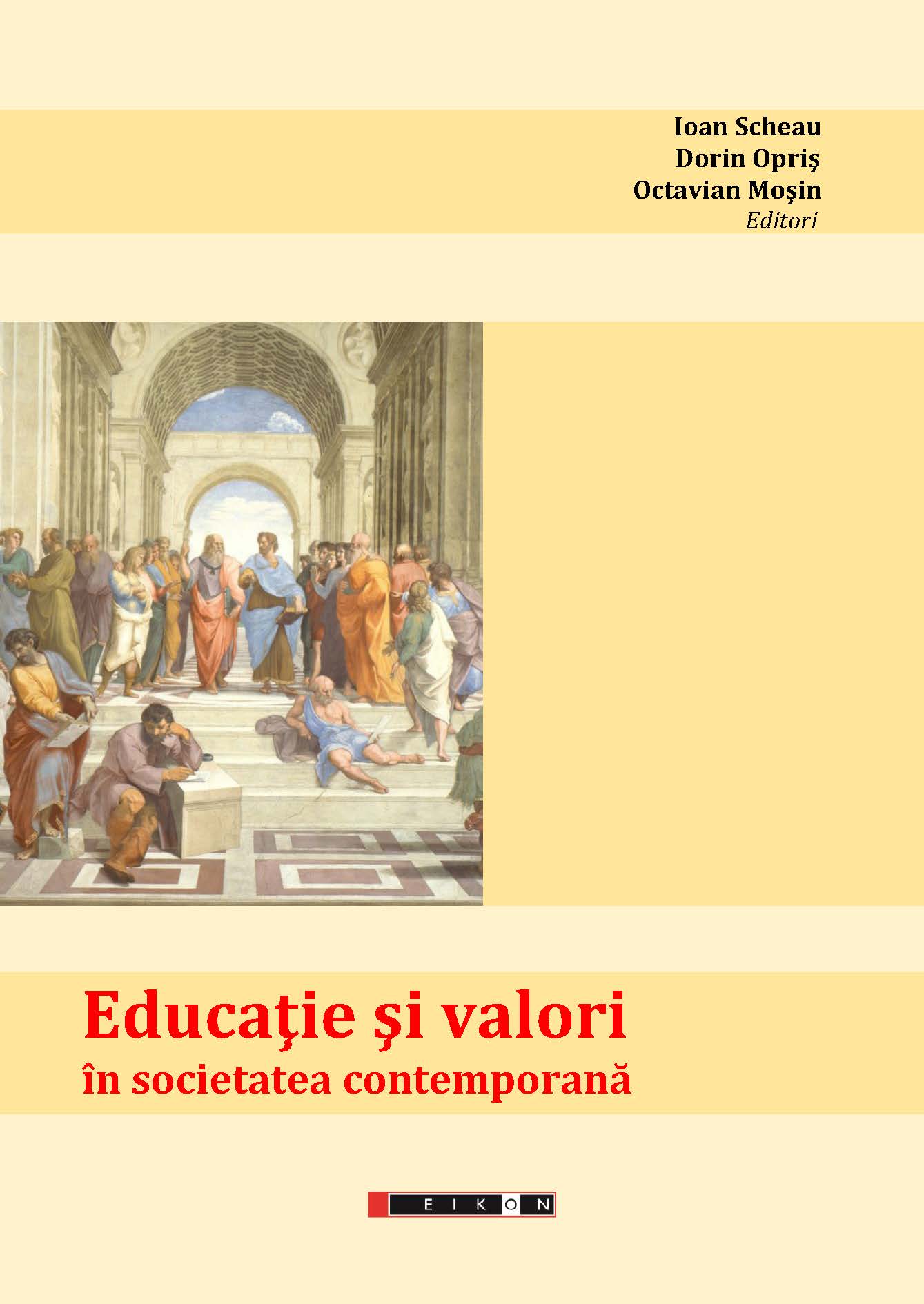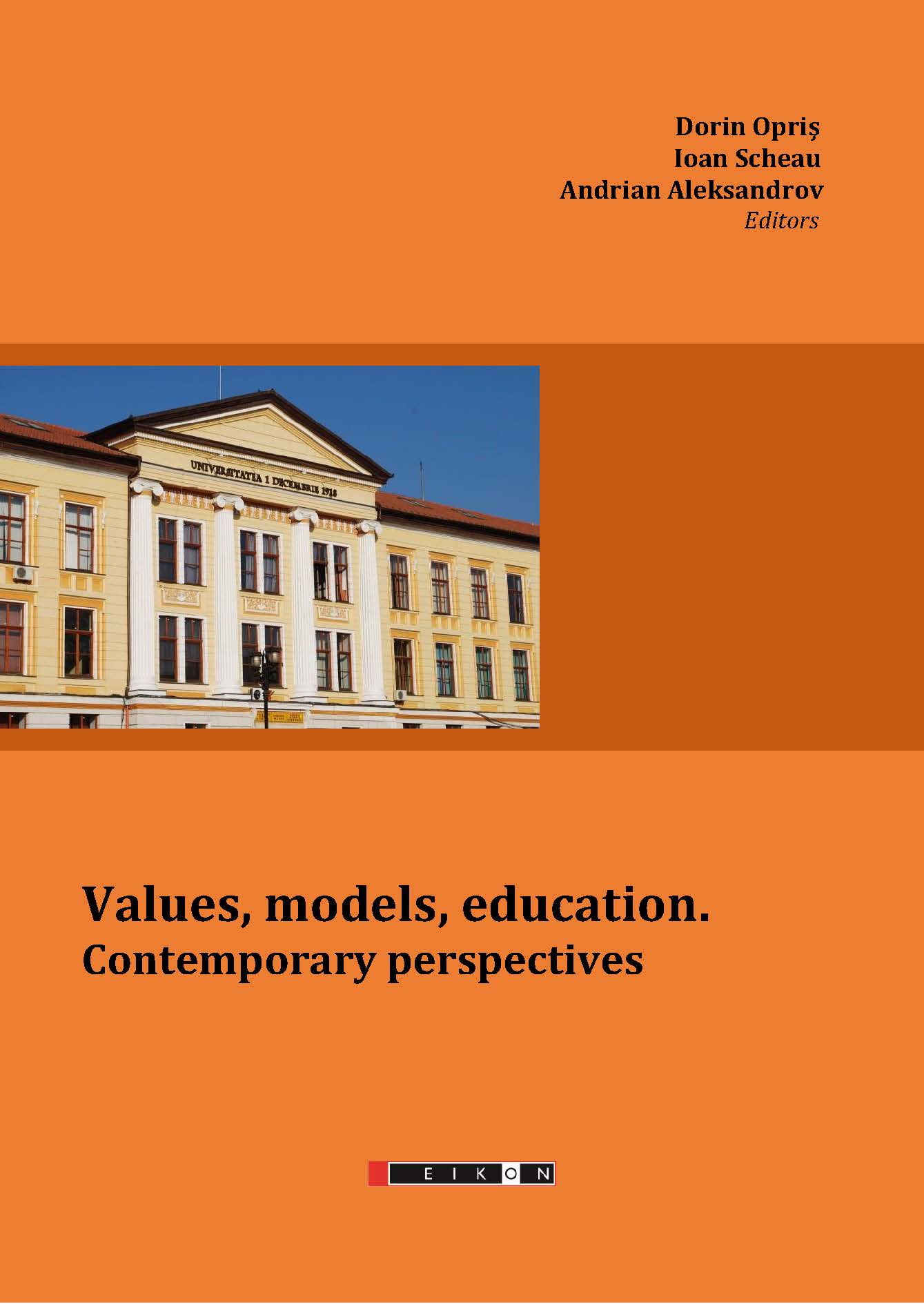
The lexical patterning of light verbs in GRICLE and native corpora: A comparative corpus-based study
This corpus-based study compares the lexical patterns of three English light verbs, make, give and take, in native and non- native student writing. Since these verbs are highly polysemous and form a large number of collocations, they pose problems for foreign language learners. The frequency and variety of collocations with light verbs are examined in the Greek Corpus of Learner English (GRICLE), and in the native corpora LOCNESS and PELCRA. Collocations with take and give feature more frequently in GRICLE than in the native corpora. Give was found to enter into more combinations in the Greek corpus, whereas both make and take are used in a larger variety of collocations in the native corpora. The contribution of these findings to language teaching is discussed.
More...
